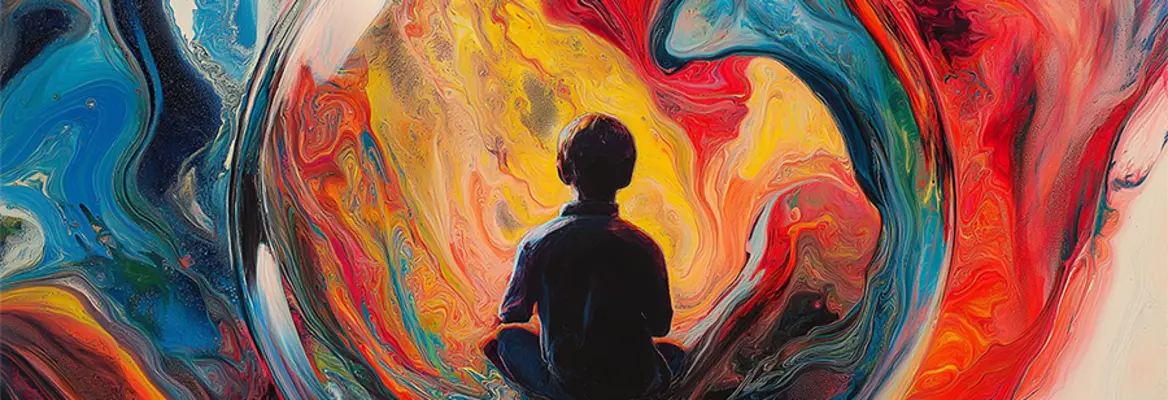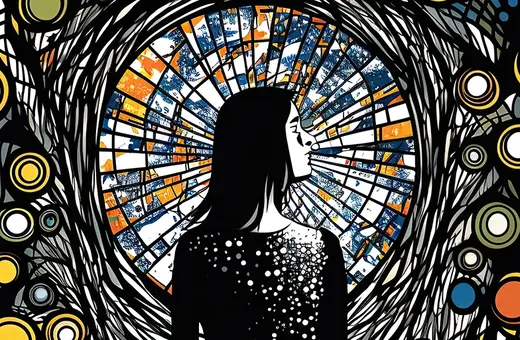It is now widely accepted by researchers such as Michael Pollan and Brian Muraresku that the Ancient Greeks took a psychedelic-like narcotic at their Eleusinian mysteries, which were annual ritual initiations. The taking of this narcotic led to what William James called ‘the mystical experience’. Plato is known to have attended these mysteries and would have taken this psychedelic-like narcotic, named Kykeon. The influence this had on Plato, and as a result, Western culture as a whole, was seen by Nietzsche, in ideas like Plato’s cave and in religion more broadly. In this piece, philosopher Ricky Williamson argues that Nietzsche's critique of Plato, Christianity, and the morality that still shapes our lives today, all have the psychedelically-induced mystical experience at their core. The modern psychedelic prohibition has left thinkers afraid to draw this clear and obvious conclusion in Nietzsche’s thought, argues Williamson. Western thought was shaped and has its origins in these psychedelically-induced mystical experiences. With the psychedelic renaissance in full swing, its future may lie in them too.
“Under the influence of narcotic potions hymned by all primitive men and peoples… those Dionysiac urges are awakened.”—Nietzsche, The Birth of Tragedy
The coming psychedelic age represents an unpredictable future; with psychedelics increasingly legalised and re-entering the mainstream. In this future the very nature of human consciousness will change. A person is not the same person before and after a psychedelic experience. A culture in which a growing number of people have that experience cannot be expected to remain the same either.
What can we learn from the psychedelic philosopher, Friedrich Nietzsche, that could help us cultivate the positive potential of this approaching psychedelic age? And how are the history of morality and the history of psychedelics intertwined, and how will this connection re-manifest in our coming future?
Nietzsche’s references to intoxication and narcotics are among the most misunderstood and underappreciated aspects of Western philosophy. This article, among other things, hopes to go some way to correcting that.
Morality as power
Since Nietzsche, it has been widely accepted that morality is historically contingent and that what we call “the good” may just be an accident of our culture—and therefore, not really “the good.” Nietzsche’s On the Genealogy of Morality outlines how our morals came to be—not as the result of some divine judgement or, as Kant would argue, arrived at through reason—but as the result of a power struggle.
Our morality is born of the relationship between two historical groups: the masters and the slaves.
Nietzsche argues that once upon a time, “the good” just meant “what we masters think is good” and “the bad” just meant “what we masters think is bad.” This makes sense. If you have power, you also have the power to indiscriminately judge. This is how Nietzsche claims the Ancient Greeks lived, and he admired this in them. This carefree living. This carefree seeking after whatever “good” they desired, without any guilt or shame for doing so.
___
Instead of overcoming the masters by force then, the slaves implanted morality into the minds of their masters. Yes, kind of like the movie Inception.
___





















Join the conversation